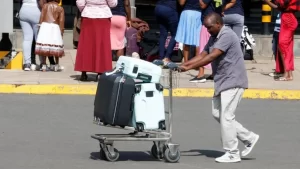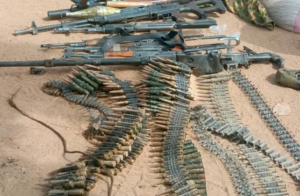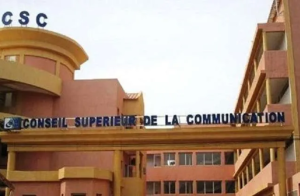Africa: Gold, a development and traceability issue in the face of illicit trade

Africa, holding one-third of the world’s gold production, has the potential to turn this wealth into a driver of development. However, each year, between 321 and 474 tons of gold escape official channels, fueling a parallel economy estimated at $24 to $35 billion. According to a recent report by the World Gold Council, these illicit flows pose a major problem, particularly in Africa, where a significant portion of gold comes from artisanal and small-scale mining (ASM), which employs over 10 million people.
The lack of adequate regulation allows criminal networks to thrive, especially in regions such as the Sahel and eastern Democratic Republic of Congo (DRC), where gold finances armed groups. In countries like the Central African Republic and Sudan, actors such as private security firms from Western nations directly control mines or impose illegal taxes, generating billions of dollars annually.
To address these issues, initiatives have been implemented, particularly in the United Arab Emirates, a key hub in the global gold market. Since 2023, Dubai has introduced strict regulations (the “UAE Good Delivery Standards”) that enforce audits and rigorous supply chain controls. These rules aim to exclude gold sourced from conflict zones or criminal networks. Additionally, blockchain technology has been integrated to ensure complete traceability of the precious metal, providing a digital and transparent solution for every transaction.
International cooperation efforts have also been strengthened, such as the partnership between the UAE and Tracfin, the French financial intelligence unit, to monitor suspicious financial flows.
In countries like Mauritania, legal measures have helped regulate mining activities more effectively, reducing the influence of armed groups on the sector. However, despite these advancements, the industry still faces significant challenges, including the absence of global regulations and the increasing demand for ethically sourced gold. The future of Africa’s gold market will depend on improving transparency and accountability at all levels.












